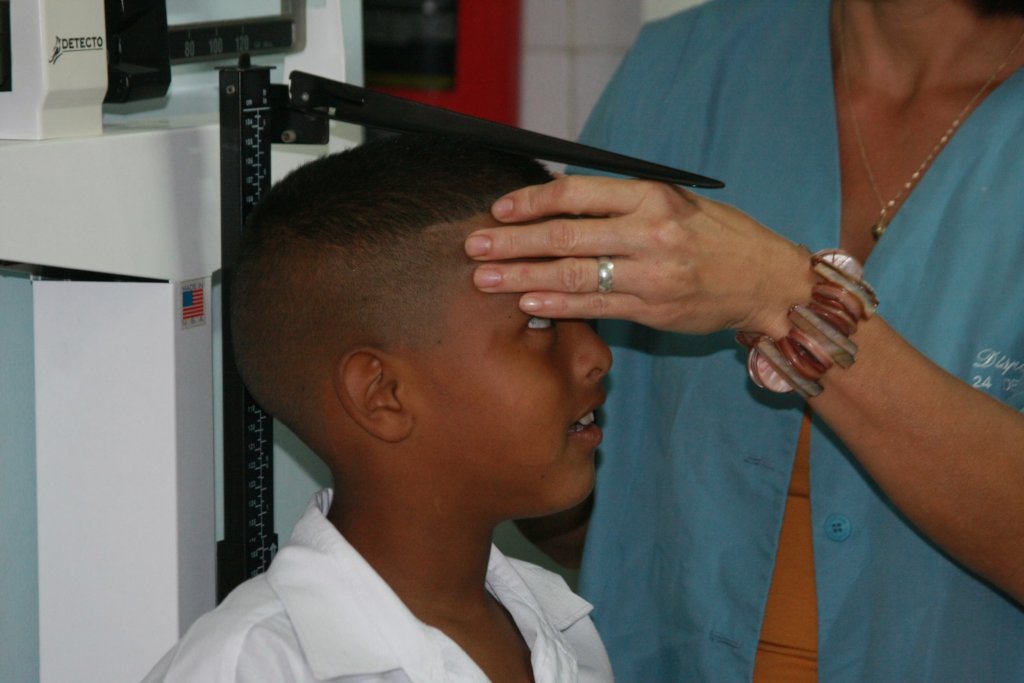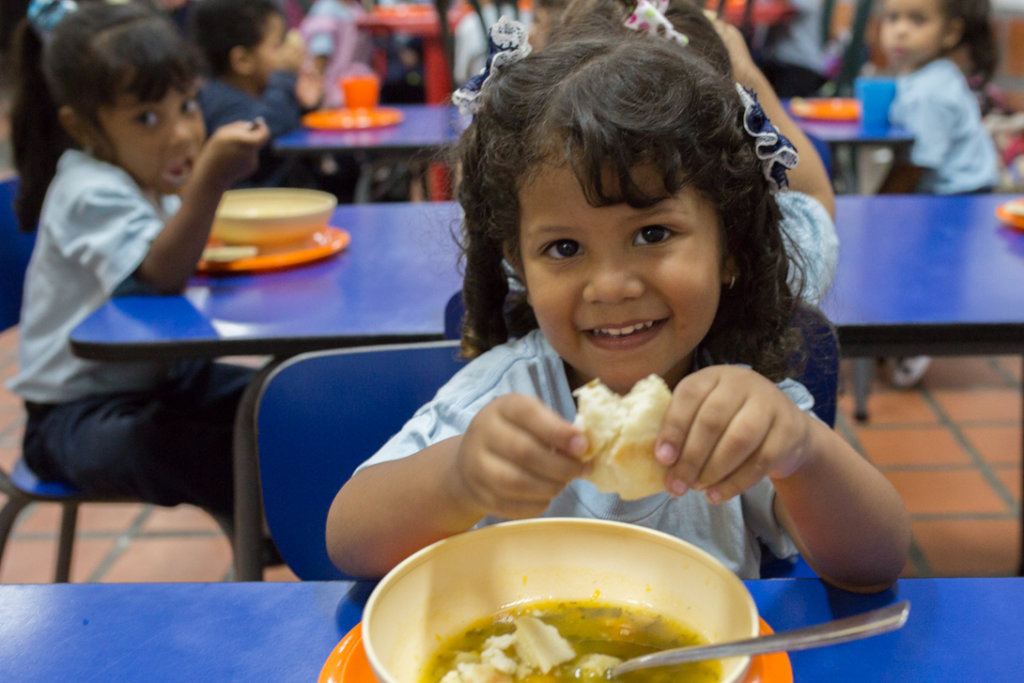By Alejandra A | Volunteer
Versión en Español / Spanish version
En un esfuerzo por aumentar la transparencia y construir una cultura de apertura y aprendizaje, GlobalGiving invita a las organizaciones sin fines de lucro a compartir una historia en la que hayan probado algo nuevo y no hayan obtenido los resultados esperados, así como el aprendizaje de esa experiencia y cómo han mejorado. A continuación nuestra historia ¡Disfrútenla!
¿Qué pasó?
En el 2015 la Fundación compró una bebida nutricional para los 400 estudiantes con el fin de asegurar que todos los alumnos recibieran una alimentación completa que incluyera hierro y vitaminas. Esta bebida se empezó a dar a todos los estudiantes como complemento de su comida diaria. Poco después, la escuela recibió la visita de un equipo de médicos especializados que, después de examinar a los niños y conocer la ingesta de la bebida nutricional, informaron a la Fundación que no se debía administrar a todos los estudiantes, ya que no proporcionaba valor nutricional adicional a los niños sanos, a diferencia de los que padecen de malnutrición, y por lo tanto, solo debería haberse otorgado a estos últimos.
¿Por qué ocurrió?
Esta situación ocurrió por falta de asesoría nutricional profesional. Se asumió equivocadamente que si se complementaba el almuerzo con la bebida nutricional se estaba asegurando la nutrición balanceada de todos los estudiantes.
¿Qué acciones se tomaron?
A través de los médicos especialistas se obtuvo la muestra de los niños que presentaban malnutrición y fueron éstos únicamente los que recibieron el producto. Se dejó de dar la bebida nutricional a los niños en condiciones óptimas. A consecuencia de esta situación, se creó una alianza con una organización médica especializada quienes de manera recurrente realizan evaluaciones a los estudiantes. Entre los exámenes médicos que se realizan están: medidas antropométricas (talla y peso) y exámenes de sangre (anemia). Con base en los resultados obtenidos un asesor nutricional diseña los menús de los almuerzos que se ofrecen a los niños.
Resultados
Durante el último año escolar, el 75% de los estudiantes a los cuales se le han practicado las pesquisas antropométricas y sanguíneas, han crecido sanamente e incrementado su peso y talla acorde con su edad. Solo el 5.57% ha presentado anemia.
Aprendizaje
Los aprendizajes de esta experiencia fueron:
English version / Versión en Inglés
In an effort to increase transparency and build a culture of openness and learning, GlobalGiving has invited nonprofit partners to share a story of when they tried something new that didn’t go as planned, and more importantly, what they learned and how they improved. Here is our story. Enjoy!
What happened?
In 2015, the Foundation purchased a nutritional beverage for the 400 students in order to ensure that all of them received a complete diet that included iron and vitamins. Shortly thereafter, the school received a visit from a team of specialized doctors who, after examining the children and learning about the intake of the nutritional beverage, informed the Foundation that it should not be administered to all students, since it did not provide additional nutritional value for healthy children, as opposed to those suffering from malnutrition, and therefore should only been given to the latter.
Why did it happen?
This situation occurred due to lack of professional nutritional advice. It was mistakenly assumed that if lunch was supplemented with the nutritional drink it was ensuring balanced nutrition for all students.
Measures taken
With the help of the specialists, we were able to determine which of the children were malnourished and which were healthy, and these children continued to take the nutritional beverage, whereas the healthy ones stopped taking it. As a result of this experience, a partnership was established with the specialists consisting of regular testing and evaluations for the students. Some of the tests they perform are: anthropometric measurements (height and weight) and blood work (to check for anemia). Based on the results, a nutrition advisor designs the menus for the student’s lunches.
Results
Over the last school year, 75% of the children that were tested have achieved a healthy height and weight for their age. Only 5, 57% presented anemia.
Lessons learned:
The lessons we learned from this experience are the following:
1) Avoid assumptions: Decisions must be taken based on solid indicators in order to guarantee optimal social impact.
2) Seek guidance from professionals in the subject: in order to make the best use of resources.
3) Stay up to date: Perform continuous assessments and be flexible in order to adapt to new events whenever possible.
Project reports on GlobalGiving are posted directly to globalgiving.org by Project Leaders as they are completed, generally every 3-4 months. To protect the integrity of these documents, GlobalGiving does not alter them; therefore you may find some language or formatting issues.
If you donate to this project or have donated to this project, you can receive an email when this project posts a report. You can also subscribe for reports without donating.

